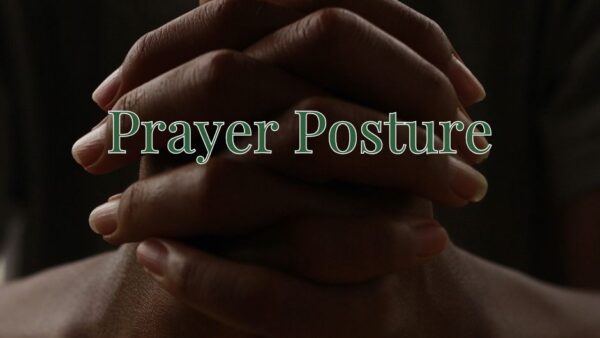
ATTENTION, FIXERS!
Yes, I’m talking to people like me. Those who have a pretty good idea how people ought to behave in most circumstances.
I’m about to do you a big favor.
I’m about to set you free.
Repeat after me: “Not my circus, not my monkeys.”
You feel silly, don’t you?
You probably should—just randomly repeating things because someone said so!
You probably ought to have some context to use this phrase in the most freedom-producing ways.
What do you say to yourself when that irritating click bait post shows up in your social media feed?
“Not my circus, not my monkeys.” (And then scroll on by).
What do you say to yourself when someone else’s kid is misbehaving in a public place?
“Not my circus, not my monkeys.” (And then go on about your business).
What do you say when someone tries to suck you into all their drama or simply makes a verifiably ridiculous statement?
“Not my circus, not my monkeys.” (And then move on to something more productive).
If you have been reading my stuff for any length of time, you have probably seen my two word expression of my understanding of my life’s calling: Championing Amazingness.
If you haven’t seen it before, you have now.
What I mean by that is explained a little better by the longer statement: I guide explorers to discover their Amazing by demonstrating and championing sacred Amazement.
I choose to focus on finding things to celebrate and optimize rather than things to attack and criticize.
I choose to highlight the best in people rather than excavating their worst.
Yesterday I heard someone utter a ridiculous statement immediately on the heels of their previous good point.
In that moment, it hit me how thankful that my two words are Championing Amazingness, not Correcting Ridiculousness.
Not my circus, not my monkeys.
There was absolutely nothing to be gained by becoming the fixer, corrector, and arbiter of proper thinking.
I can’t remember who said it, but a quote popped up on my Facebook memories a few days ago: “The best argument against wrong is doing what is right.”
So, other than avoidance, what does “Not my circus, not my monkeys” really mean?
It means that I stay in my circus.
I have no influence outside my circus. I can offer encouragement or advice—IF ASKED—but to step in uninvited is to accomplish nothing but adding more noise and chaos.
I have no influence outside my circus. I can offer encouragement or advice–IF ASKED–but to step in uninvited is to accomplish nothing but adding more noise and chaos. Share on XThe unintended consequence of crashing someone else’s circus is that I don’t give proper attention to mine, thereby shrinking my influence in the circus that is my responsibility.
It also means that I am not qualified to make a judgment about someone else’s circus. It’s easy to make a hasty, knee-jerk, gotcha comment about circumstances that I’m viewing from a distance and only at a surface level. (See any social medium for examples).
I may know a lot about the content of another circus, but my lack of intimate knowledge of the context means that my uninformed amateur ring-mastering (is that a real term?) is unhelpful at best and harmful at worst.
What a relief it is to let go of the need to fix everything that’s wrong with the world and simply do my best to do what is right in my corner of it!
Say it one more time: “Not my circus, not my monkeys.” (Do you feel the weight lifting?)
Be amazing today, my friend.



